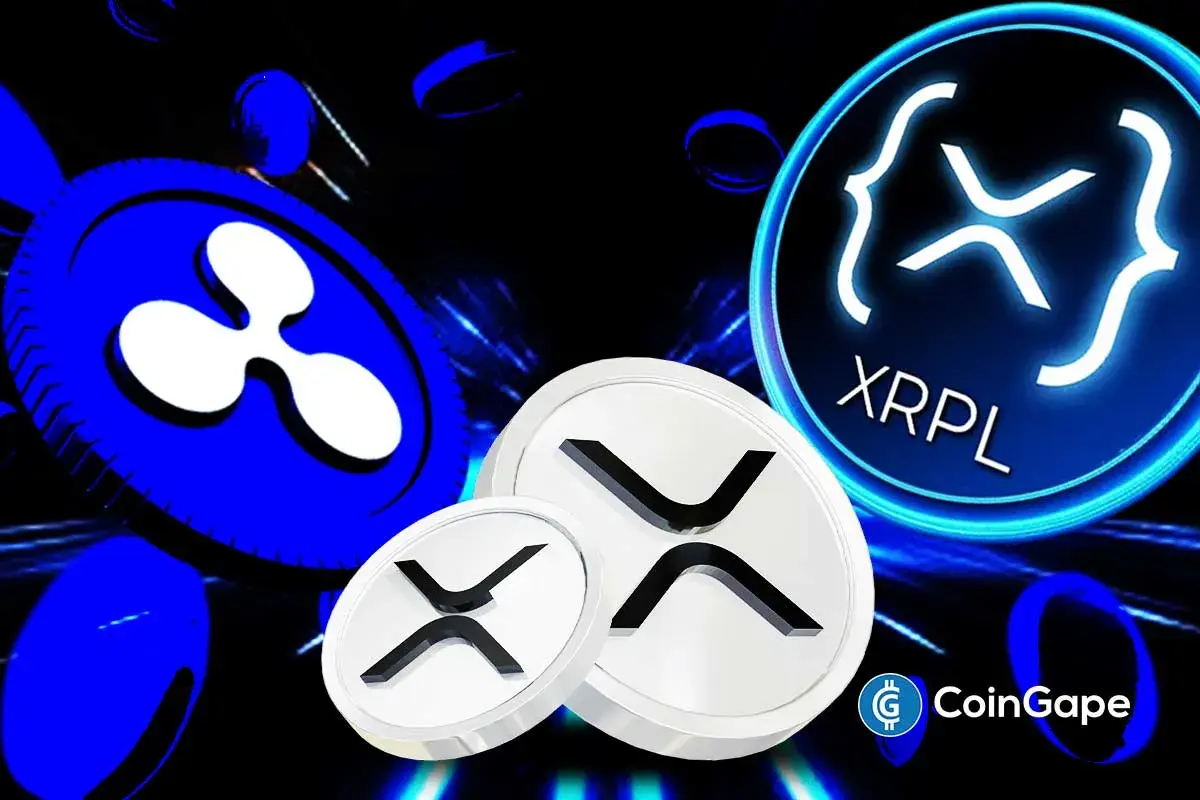G20-Backed Think Tank Factors in Stablecoins and CBDCs in Solving Remittance Woes

The Financial Stability Board (FSB), a multinational Think Tank that provides policy recommendations to the G20 has highlighted the importance of stablecoins and Central Bank Digital Currencies (CBDCs) in the pursuit of a functional global remittance network. In its latest report, the body highlighted the challenges that surround cross-border payments which range from high transaction fees to significant delays, and it proposed a number of workable solutions to combat these flaws.
“This report presents a roadmap to address the key challenges often faced by cross-border payments and the frictions in existing processes that contribute to these challenges,” the FSB report reads, “These challenges, namely high costs, low speed, limited access, and insufficient transparency, affect end-users and service providers, though not all in the same way. Individuals and small companies face particular challenges with retail cross-border payments, and financial inclusion remains a challenge for many, especially in emerging markets and developing economies.”
In profiling the proposed functions of stablecoins, the FSB is set to proffer a recommendation to the right bodies to “ make any revisions to standards and principles or provide further guidance supplementing existing standards and principles in light of the FSB Report and following their review of their existing frameworks, including on cooperation, coordination and information sharing amongst authorities.” This recommendation is expected to span till the end of the year.
The recommendation of stablecoins as viable tools in future cross-border transactions is also expected to be bolstered by national authorities who, according to the FSB, are expected to change their oversight frameworks over the digital tokens by July 2022.
CBDCs to Focus on Interoperability
With more than 110 nations notably at various stages in their CBDC developments, the FSB is coming with a recommendation that will “enable access and interlinking” these sovereign national monies, in their bid to contribute to facilitate cheaper payments amongst nations.
Many consumers around the world depend on privately issued digital currencies including Bitcoin, Ethereum, and Cardano for payments today. This adoption has grown in the past few years with a significant boycott of traditional payment service firms that profit off consumers with their systems.
The FSB and its allied organizations have recognized these trends, and are determined to stump the adverse payment situations, but without the more volatile digital currencies in its proposed scheme or framework as they could pose financial stability challenges according to the International Monetary Fund (IMF).
Play 10,000+ Casino Games at BC Game with Ease
- Instant Deposits And Withdrawals
- Crypto Casino And Sports Betting
- Exclusive Bonuses And Rewards

- Vitalik Buterin Maps Out Quantum Risks as Ethereum Foundation Unveils ‘Strawmap’
- BlackRock Adds $289M in BTC as Bitcoin ETFs Log 2-Week High Inflows Of $500M
- Glassnode Signals Bitcoin Still Faces Downside Risk Amid Massive Sell Pressure at $70K
- U.S House Introduces Bipartisan Crypto Bill To Protect Crypto Developers Amid DeFi Push Under CLARITY Act
- XRP News: Ripple Unveils Funding Hub To Support Innovation On XRPL
- Top 2 Price Predictions Ethereum and Solana Ahead of March 1 Clarity Act Stablecoin Deadline
- Pi Network Price Prediction Ahead of Protocol Upgrades Deadline on March 1
- XRP Price Outlook As Jane Street Lawsuit Sparks Shift in Morning Sell-Off Trend
- Dogecoin, Cardano, and Chainlink Price Prediction As Crypto Market Rebounds
- Will Solana Price Rally to $100 If Bitcoin Reclaims $72K?
- XRP Price Eye $2 Rebound as On-Chain Data Signals Massive Whale Accumulation

 Buy $GGs
Buy $GGs
















